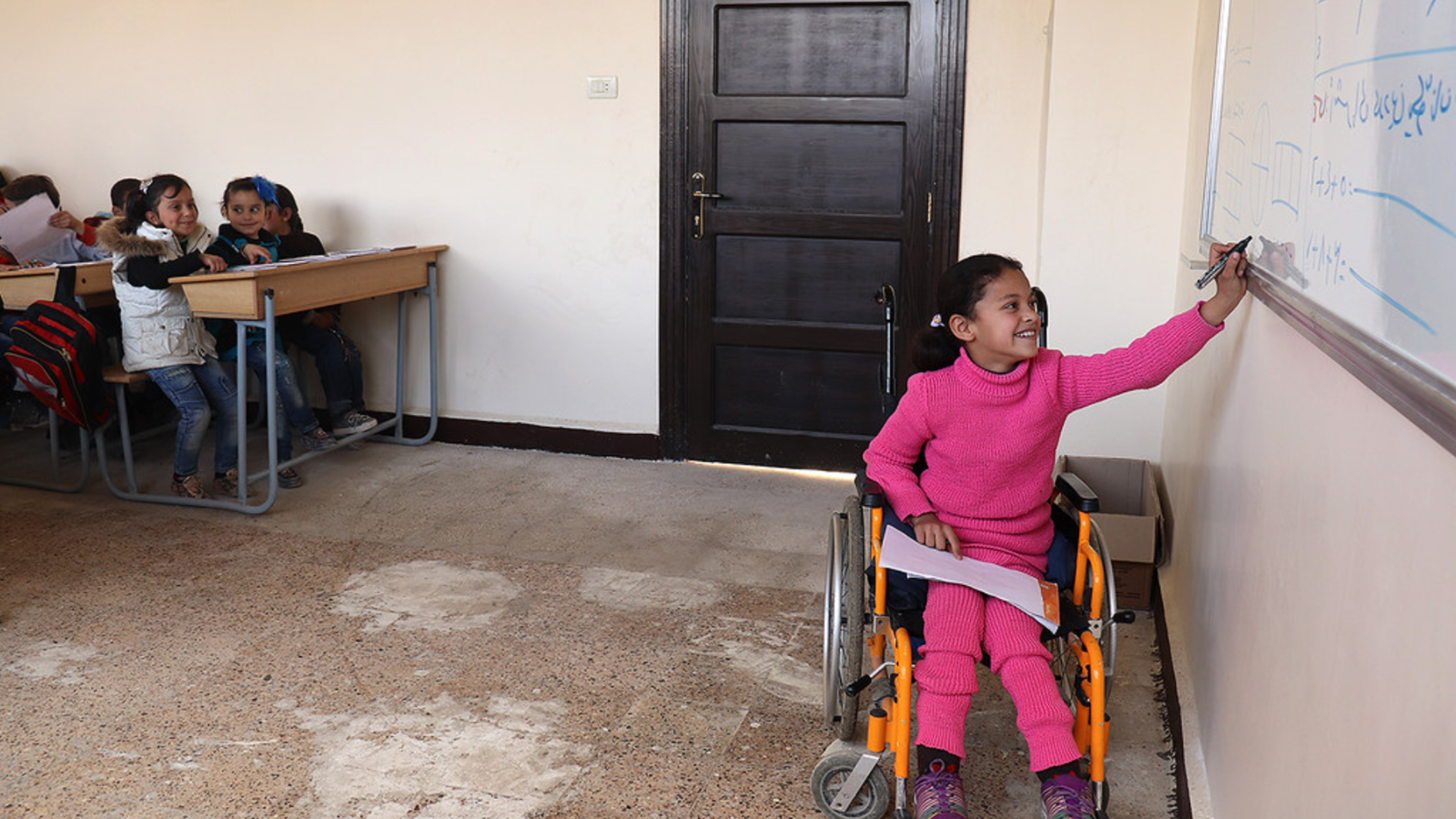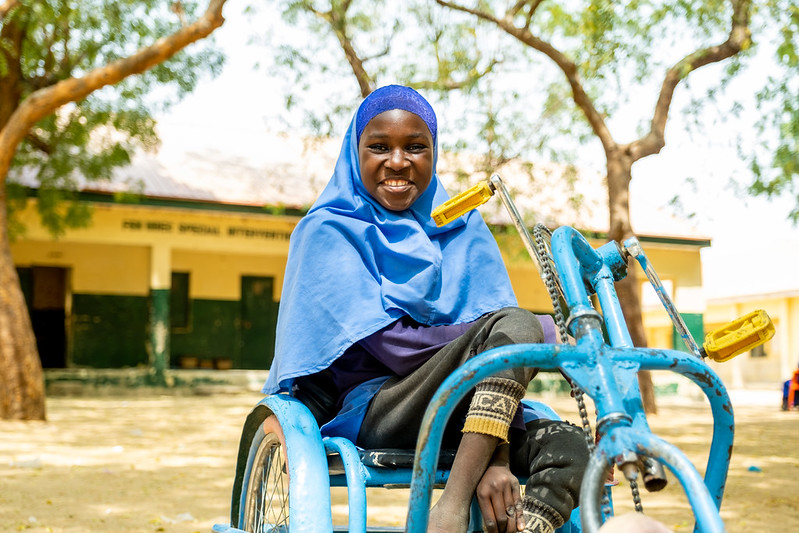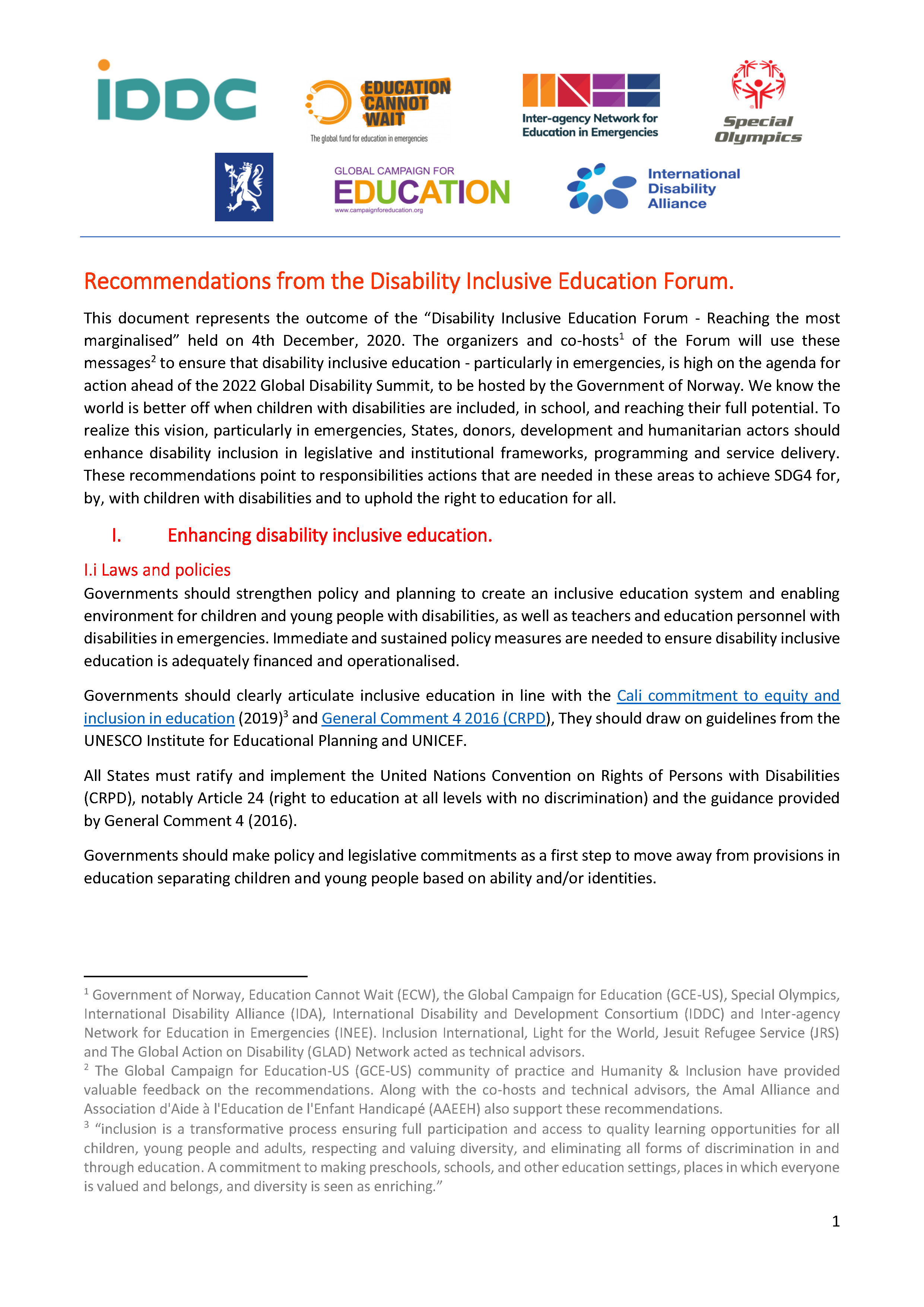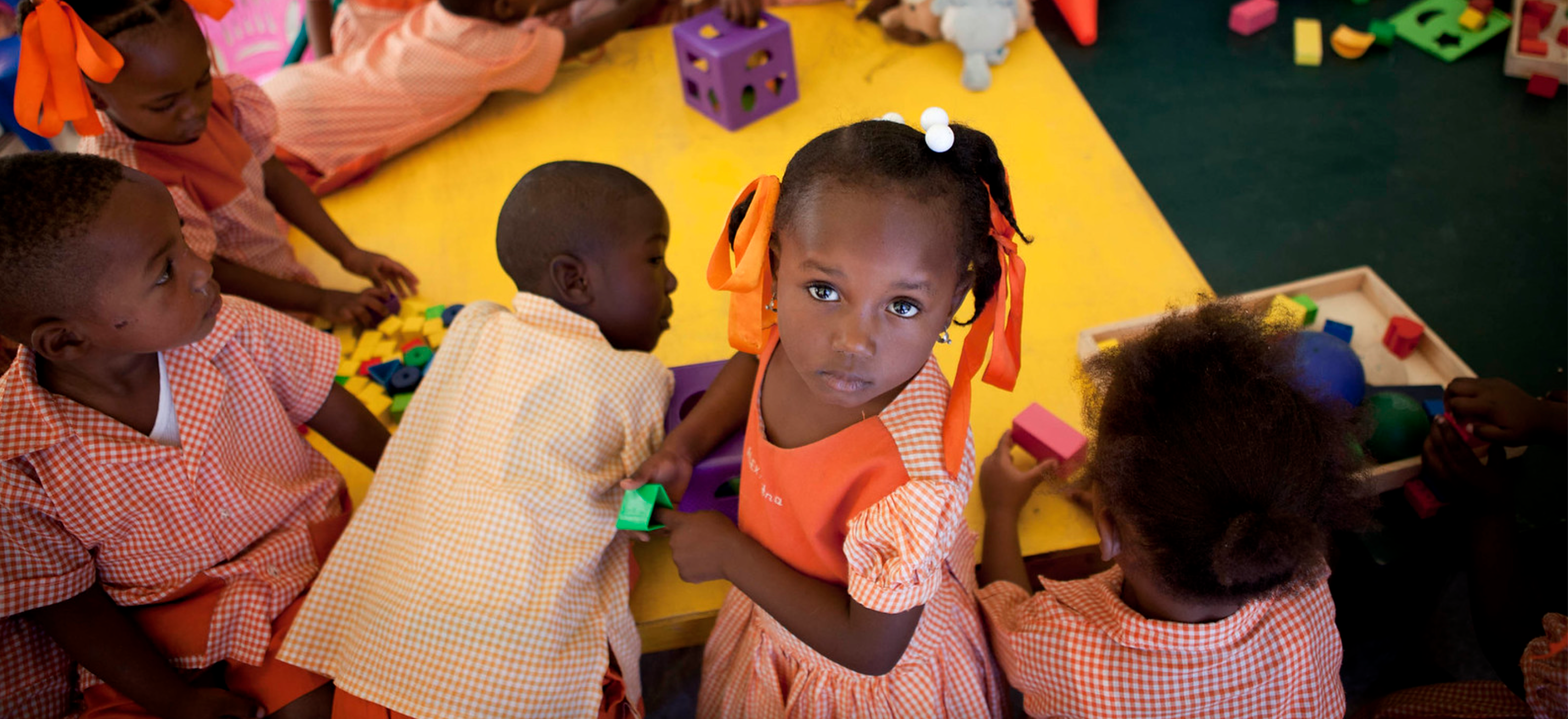Overview
ECW recognises that education in emergencies and protracted crises must ensure the full and equitable inclusion of all, including children and adolescence with diverse disabilities. In 2022, inspired by the UN Convention on the Rights of Persons with Disabilities and the UN Disability and Inclusion Strategy, ECW produced its first Policy and Accountability Framework pertaining to Disability Inclusion, which is currently being implemented in parallel to ECW's Strategic Plan (2023-2026). This policy aims to ensure that children and adolescents reached by ECW, including those with disabilities, are able to access inclusive, equitable quality education in safe and protected environments.
ECW estimates that over 20% of out-of-school crisis-affected children (over 17 million out of 85 million) are thought to be persons with disabilities. Among these, approximately 12.5 million (75%) live in high-intensity crisis areas, defined as those with an INFORM Severity Index of 4 or higher. In crisis settings, children with disabilities face compounded barriers due to:
- Discrimination and stigma
- Inadequate facilities which would hinder the ability of having their needs accommodated
- Social and cultural barriers, further limiting their access to education
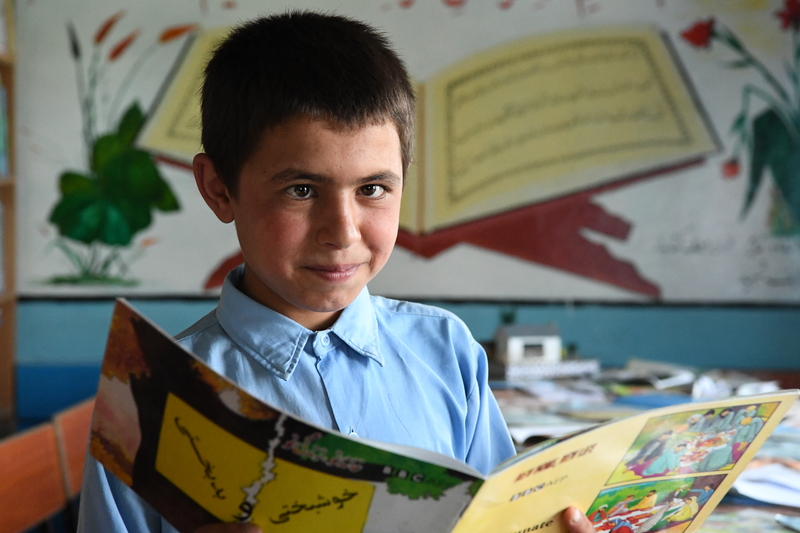
Girls with disabilities experience even more severe exclusion, often underrepresented in data and research.
Among non-forcibly displaced out-of-school children, 16.8 million have disabilities. Access of children with disabilities to education decreases by the increase of educational stage. For example, access to secondary education is particularly limited, with 41% of crisis-affected children of secondary school age (including those with disabilities) unable to access education. Reliable data on learning outcomes for crisis-affected children with disabilities is limited, but they are disproportionately likely to experience learning deprivation.
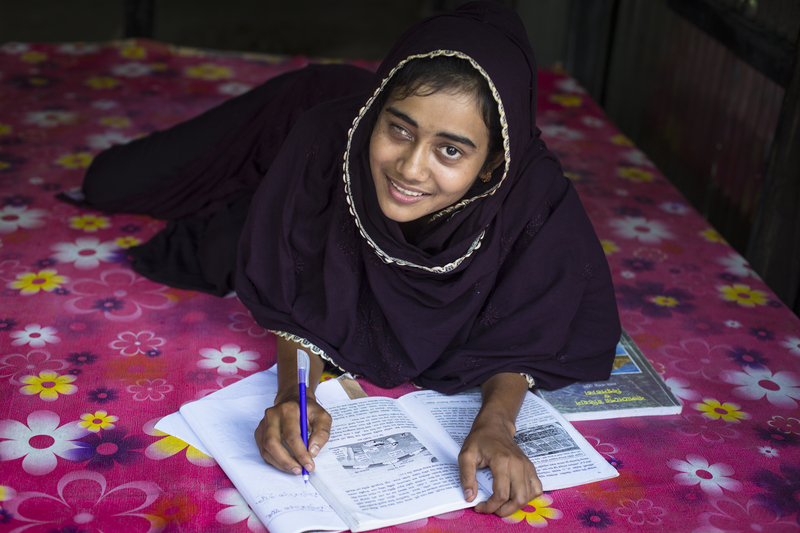
ECW’s Response
ECW operates in low- and middle-income countries, where it is estimated that 80% of girls and boys with disabilities live. ECW’s work to enhance access to education and learning of children and adolescents with disabilities takes place at both the global and country level. ECW raises awareness of disability inclusion among key stakeholders – including Government, and humanitarian and development aid actors.
ECW also funds, through its Acceleration Facility, the generation of knowledge and tools that can help improve access and learning outcomes of girls and boys with disabilities in emergencies and protracted crises.
At the country level, ECW leverages a two-pronged approach. In each programme, ECW seeks to target girls and boys with disabilities through interventions meeting their specific requirements. The Fund also ensures that all programme interventions embed the perspectives of learners with disabilities so that they can benefit and be active stakeholders on an equal basis with others.

